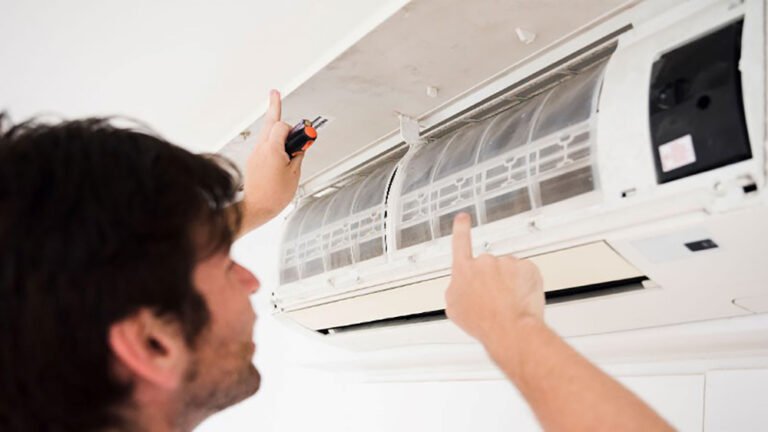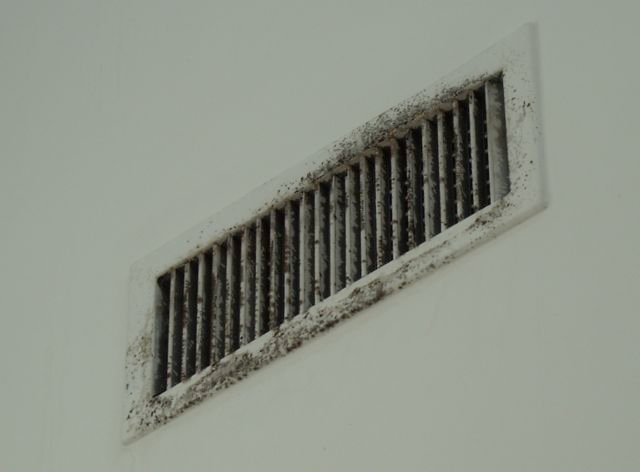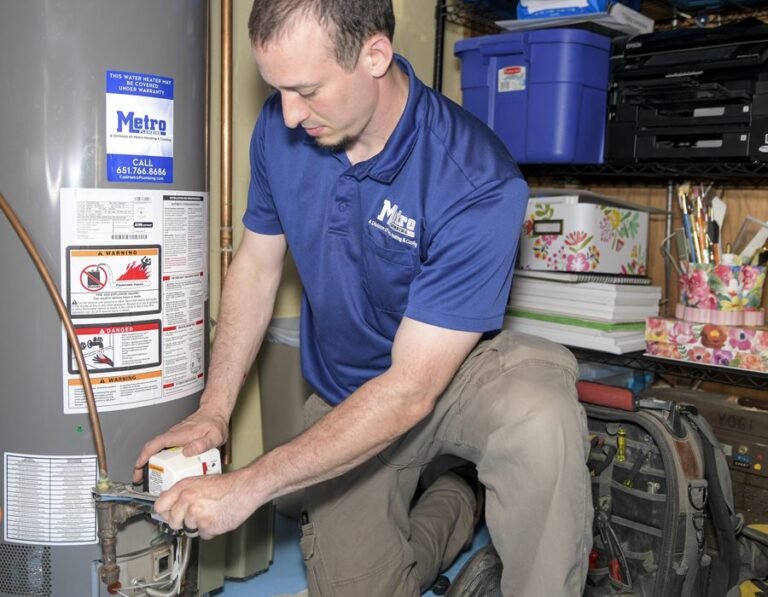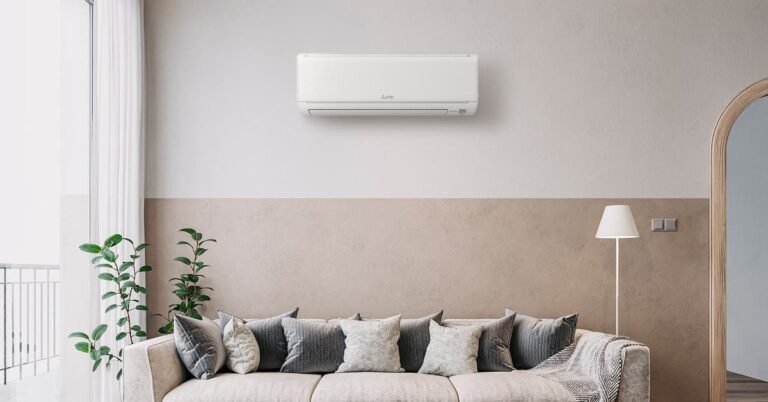What is the Difference between an Air Conditioner And an Inverter: Unraveling the AC Mystery
An air conditioner has a fixed speed compressor, while an inverter has a variable speed compressor. Air conditioners and inverters differ primarily in their compressor speed.
While an air conditioner has a fixed speed compressor, an inverter is equipped with a variable speed compressor. This difference in compressor technology impacts both the energy efficiency and noise levels of the appliances. Inverter air conditioners are known for their energy-saving capabilities and have the ability to adjust the compressor speed based on the cooling needs of the room.
On the other hand, non-inverter air conditioners operate at a fixed speed, resulting in higher energy consumption and potential noise disruptions. Understanding the distinction between air conditioners and inverters can help individuals make informed decisions when selecting the most suitable cooling system for their needs.
Exploring The Fundamental Distinctions
|
Air conditioners and inverters are both cooling systems; however, there are fundamental distinctions between the two. Air conditioners work by cooling the air through a refrigeration cycle, while inverters use a compressor that adjusts its speed and output according to the desired temperature. The key difference lies in their functions. Air conditioners have a fixed-speed compressor that turns on and off to maintain the desired temperature. In contrast, inverters continuously adjust the compressor speed, resulting in more precise temperature control and energy efficiency. Additionally, air conditioners are typically less expensive upfront, while inverters have higher initial costs but offer long-term energy savings. In terms of features, air conditioners are known for their simplicity and reliability, while inverters provide quieter operation, faster cooling, and longer lifespan. In conclusion, understanding these differences can help you make an informed decision on which cooling system is best suited for your needs and preferences. |

Credit: buffalolake.org
Efficiency And Energy Consumption
When comparing the energy efficiency of air conditioners and inverters, it is important to analyze their power consumption and environmental impact.
**Air conditioners** typically require a significant amount of electricity to operate, as they rely on a compressor that constantly switches on and off. This results in higher power consumption and potentially higher energy bills.
**Inverters**, on the other hand, utilize advanced technology that allows the compressor to operate at varying speeds. This means that the compressor adjusts its power consumption based on the cooling needs, resulting in **lower energy consumption** and potentially lower energy bills.
From an environmental standpoint, air conditioners tend to have a more substantial impact due to their higher power consumption. Inverters, with their energy-saving capabilities, can help reduce carbon emissions and make a positive contribution to environmental sustainability.
In conclusion, when **comparing** air conditioners and inverters, **efficiency and energy consumption** are key factors to consider. Inverters offer a more energy-efficient and environmentally friendly solution, making them a preferable choice for those looking to reduce energy consumption and minimize their carbon footprint.
Cost Considerations And Performance
| Cost Considerations and Performance |
| Assessing the initial cost of purchasing an air conditioner or an inverter: |
| If you are considering purchasing an air conditioner or an inverter, it’s important to assess the initial cost. While air conditioners may have a lower upfront price, inverters tend to be more expensive due to their advanced technology. |
| Discussing the long-term cost implications of both cooling systems: |
| When it comes to long-term cost implications, inverters have the advantage. They are energy-efficient and can significantly reduce your electricity bills over time. On the other hand, air conditioners consume more power and may lead to higher utility costs in the long run. |
| Exploring the overall performance and effectiveness of air conditioners and inverters: |
| When comparing the overall performance and effectiveness of air conditioners and inverters, there are some key differences to consider. Air conditioners typically have a fixed speed compressor, which means they operate at a constant speed regardless of the cooling requirement. Inverters, on the other hand, have variable speed compressors that adjust their cooling capacity based on the room temperature. This allows for more precise temperature control and improved energy efficiency. |
Frequently Asked Questions Of What Is The Difference Between An Air Conditioner And An Inverter
What Is The Disadvantage Of Inverter Ac?
The disadvantage of an inverter AC is the expensive repair and maintenance. The components used in inverter ACs are costly, so any issues require costly repairs. Consider the cost before purchasing.
Which Ac Is Better Inverter Or Non-Inverter?
Inverter AC is better for long-term energy efficiency, despite the higher initial cost. Non-inverter AC is a cheaper option for cooling larger rooms.
Why Inverter Is Better Than Ac?
An inverter is better than an AC because it adjusts the temperature by changing motor speed, saving energy and reducing power loss. Inverter ACs are more efficient and long-lasting, although they may be initially more expensive. Non-inverter ACs are a more affordable option for cooling large rooms.
What Does It Mean When An Air Conditioner Has An Inverter?
An air conditioner with an inverter regulates the electricity frequency to control the compressor motor’s output. This allows for variable capacity and speed, resulting in energy efficiency and quieter operation compared to air conditioners without an inverter.
Conclusion
To summarize, the main difference between an air conditioner and an inverter lies in their compressor speed. An inverter AC has a variable speed compressor, making it more energy-efficient and quieter compared to a non-inverter AC with a fixed speed compressor.
Although inverter ACs may be initially more expensive and have costly repair and maintenance, they are a better long-term and energy-saving option. On the other hand, non-inverter ACs are more affordable and suitable for cooling larger rooms on a budget.
Ultimately, the choice between the two depends on your specific needs and budget.







